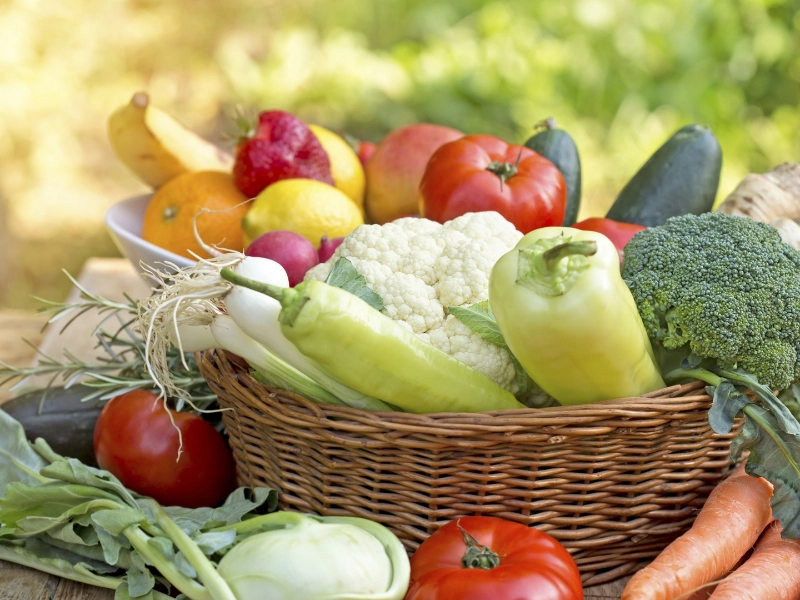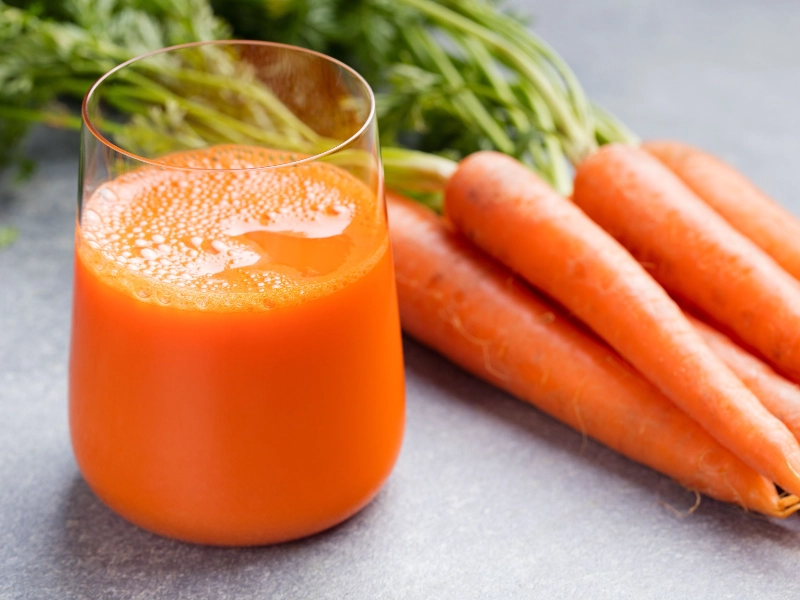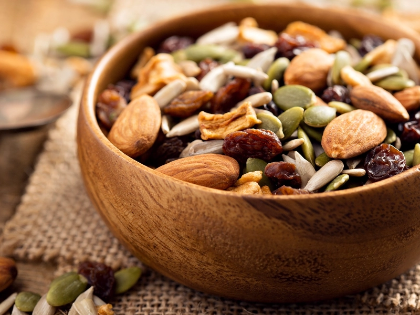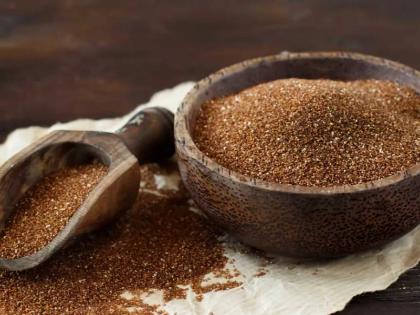How Vitamin K Supports Heart Health and Arterial Function
Though it is sometimes disregarded in debates over basic nutrients, vitamin K is very vital for preserving heart health and guaranteeing appropriate artery function. Many body systems depend on this fat-soluble vitamin, especially in control of blood clotting and preservation of bone integrity. Still, its value goes beyond these purposes since new studies show how much it affects cardiovascular health. The ways in which vitamin K improves heart health and the processes by which it promotes ideal arterial function are investigated in this article.
The Part Vitamin K Plays in Blood Clotting
 Advertisement
Advertisement
The main use of vitamin K is its part in blood clotting. Synthesising proteins that control coagulation and hence avoid too much bleeding following accidents depends on this vitamin. While healing requires blood clotting, appropriate control is absolutely essential to stop undesired clot development inside blood vessels. This is where heart health depends especially on vitamin K. Vitamin K helps to preserve a delicate equilibrium between clot formation and disintegration by guaranteeing suitable levels of blood clotting elements. Preventing diseases like thrombosis, in which blood clots could block blood flow and raise the risk of heart attacks or strokes, depends on this equilibrium. Therefore, maintaining good blood circulation and shielding the heart from possible injury caused by aberrant clotting depend on enough amounts of vitamin K.
Arterial Health and vitamin K

By maintaining the activity of matrix Gla-protein (MGP), a protein that helps prevent arterial calcification, vitamin K is very important for arterial health. Arterial calcification is the result of calcium deposits building up in the arterial walls causing stiffness and decreased blood vessel flexibility. This disorder might raise one's risk of heart illnesses and hypertension. Studies show that vitamin K stimulates MGP, which prevents the artery calcium deposition. Vitamin K supports the function of this protein, therefore preserving vascular flexibility and integrity. Arteries must be flexible enough to stretch and shrink with every heartbeat, therefore guaranteeing effective blood flow and less pressure on the heart. Thus, maintaining arterial health and avoiding disorders related with arterial stiffness depends on enough consumption of vitamin K.
Vitamin K Source Notes
Including foods high in vitamin K into your diet will help to maintain heart function. Vitamin K comes primarily in two forms: K1, phlloquinone, and K2, menaquinone. Green leafy foods include kale, spinach, and broccoli contain vitamin K1 mostly. Conversely, meals fermented, dairy products, and some animal items contain vitamin K2. Including a range of these items to your meals will help people trying to increase their vitamin K consumption. While using fermented foods like natto or yoghurt can boost your vitamin K2 levels, a basic salad made with spinach and kale can offer a notable quantity of vitamin K1. These nutrient-dense foods help you to vary your diet so that your body gets the support it needs for best cardiac function.
Vitamin K's Relationship to Inflammation
Many cardiovascular disorders are caused by inflammation, thus vitamin K could help to control inflammatory reactions. Some studies propose that by affecting the synthesis of inflammatory markers in the body, vitamin K can assist to control inflammation. Blood vessels can be damaged by chronic inflammation, which also fuels atherosclerosis—a disorder marked by the accumulation of plaque in the arteries. Vitamin K may guard the cardiovascular system from injury by maintaining a regulated inflammatory response. Those who have current cardiac issues or those who run the danger of acquiring cardiovascular disorders especially depend on this protective action. A good way to control inflammation and support heart health is to guarantee sufficient consumption of vitamin K.
Vitamin K Supplementation: Notes and Considerations
Although eating foods high in vitamin K is best, some people might need supplements to satisfy their requirements. This is especially true for those on anticoagulant drugs or those with specific medical problems that compromise nutrient absorption, therefore impairing vitamin K metabolism. See a healthcare practitioner to ascertain the correct amount and form if you are thinking about vitamin K supplements. Most people will find that a balanced diet with a range of foods high in vitamin K will supply enough of this essential vitamin. Supporting heart health, however, depends on keeping an eye on your vitamin K consumption and making sure your dietary needs are being met. Being proactive about your diet will help you preserve best artery function and general cardiovascular wellness.
Lifestyle Elements and Heart Condition
Apart from vitamin K intake, numerous lifestyle choices help in heart health. A heart-healthy lifestyle depends critically on regular physical activity, a good weight, stress management, and avoidance of smoking. Together with appropriate nutrition—including enough vitamin K—these elements enhance cardiovascular health by working in concert. Regular exercise helps to increase blood circulation, lower inflammation, and strengthen general heart function. Combining physical exercise with a diet high in vitamin K and other vital nutrients will provide a strong basis for preserving a good heart and preventing cardiovascular illnesses. Your cardiovascular well-being will be much improved by using a complete approach to health that combines lifestyle decisions with diet. All things considered, vitamin K is an essential nutrient that significantly supports arterial function and heart health. Maintaining a healthy cardiovascular system depends on enough vitamin K intake from its basic function in blood clotting to its effects on arterial flexibility and inflammation. Incorporating foods high in vitamin K into your diet and following a heart-healthy lifestyle will help you support best heart health and general well-being.









